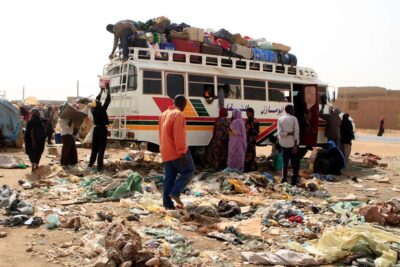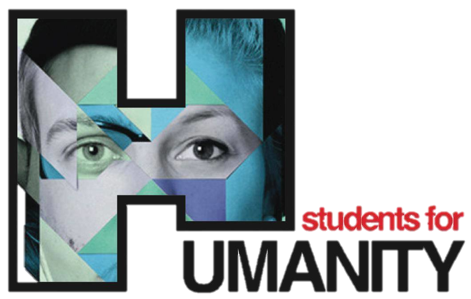What is happening in Sudan?
In October 2021, they organized together a coup d’etat, stopping the fragile transition to civilian rule started after the 2019 removal of Oman al-Bashir (who governed the country for 30 years); after the coup, Burhan became the de facto ruler of Sudan, while Dagalo assumed responsibility as his number two.
Tensions between the two allied groups started over the proposed integration of the Rapid Support Forces (RSF) into the military. The key question is who would be the military’s commander-in-chief during an integration period; a December framework agreement elevated Dagalo’s position into Burhan’s equal rather than deputy, intensifying conflicts.
But what is the RSF? It is a paramilitary group created in 2013 from the Janjaweed militias, accused of war crimes in the Darfun region (a historical region that lies in the western part of Sudan). During the Darfun conflict in the 2000s, the government used RSF to put down the rebellion together with the army; in 2017 a law legitimizing the group as an independent security force was passed. Despite being Bashir’s ally, Dagalo took part in overthrowing the president in 2019.
 The situation in the region is already complicated: Sudan is located in the Northeast Africa and borders the Red Sea, the Horn of Africa and the Sahel region; external and regional powers are attracted by its strategic position and agricultural wealth.
The situation in the region is already complicated: Sudan is located in the Northeast Africa and borders the Red Sea, the Horn of Africa and the Sahel region; external and regional powers are attracted by its strategic position and agricultural wealth.
The relationship with Ethiopia is difficult after the quarrel over farmland along their borders, while Egypt is a supporter of the country’s military; Sudanese leaders are open since Bashir’s era to Russia and its plan for the establishment a military base on the Red Sea. Furthermore, the RSF forged strong ties to Saudi Arabia and United Arab Emirates when it sent its fighters to support the war in Yemen; they, United Kingdom and United States, along with the African Union and the United Nations, are trying to mediate in the conflict.
The US-brokered ceasefire between the two sides enters it second day, but air strikes continue and the RSF seized an oil refinery and a power plant. The World Health Organization warns of “high biological hazard risk” after fighters took control of the National Public Health laboratory in the capital and expelled all lab technicians; the lab contains samples of diseases and other biological material. The WHO representative in Sudan describes this development as “extremely dangerous because we have polio isolates in the lab, we have measles isolates in the lab, we have cholera isolates in the lab.” An urgent and international intervention is required to restore electricity and secure the laboratory from any armed confrontation that could turn the lab into a germ bomb.
Fuel shortage, the increasing cost of food and more and more hospitals bombed out of service are worsening the humanitarian crisis in the country; food stocks are run out in stores and the complete burning of the central market exacerbated the dramatic situation. “As for the water supplies, we don’t have water for the eleventh day continuously” a witness declares.
 In the meantime, the White House is considering a plan to send troops to evacuate American citizens and three US warships are already being deployed off the coast of Sudan. The United Kingdom, France, South Korea and China confirmed that they are pulling out nationals after the announcement of a three-day truce.
In the meantime, the White House is considering a plan to send troops to evacuate American citizens and three US warships are already being deployed off the coast of Sudan. The United Kingdom, France, South Korea and China confirmed that they are pulling out nationals after the announcement of a three-day truce.
Countries are really racing to get their citizens out: a boat with 1687 civilians from more than 50 countries fleed Sudan and arrived in Saudi Arabia: it is the largest rescue operation made by the Gulf kingdom up to now
Bianca Proverbio


